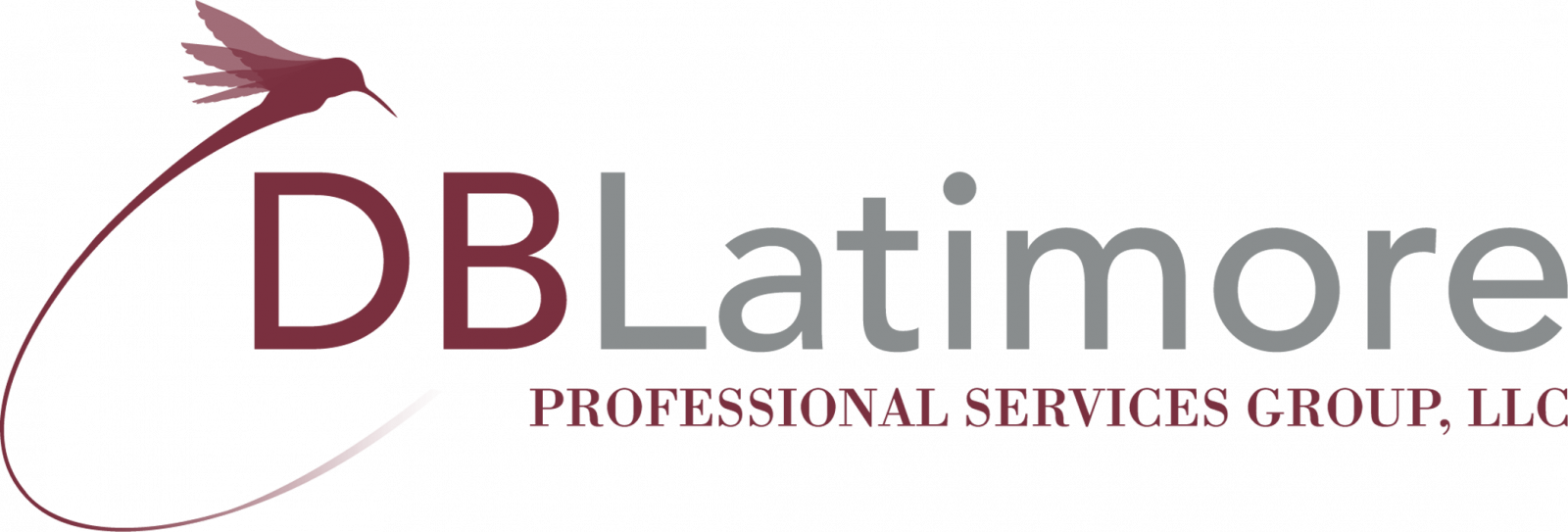In the rapidly advancing landscape of technology, where Artificial Intelligence (AI) is becoming an integral part of our work environments, safeguarding the well-being of employees is paramount. AI’s impact on the workforce is nuanced, presenting both opportunities and challenges. In this digital era, organizations must not only harness the benefits of AI but also prioritize the physical and mental health of their employees.
Embracing the Positives
AI, when implemented thoughtfully, can be a blessing to employee well-being. By automating repetitive tasks and reducing workloads, AI allows employees to focus on more meaningful aspects of their jobs, fostering job satisfaction and a healthier work-life balance. For instance, AI-powered chatbots can handle routine customer inquiries, freeing up human employees for more complex interactions, enhancing their job satisfaction. Additionally, AI assists in managing work schedules and optimizing productivity, leading to reduced stress and improved overall well-being.
Addressing Challenges
However, challenges abound. The fear of job displacement due to automation can induce anxiety among employees. Organizations must proactively address these concerns by providing opportunities for upskilling and reskilling, ensuring that employees can work alongside AI and take on more value-added roles. Ethical use of AI in employee monitoring is crucial to prevent excessive surveillance, which can negatively impact well-being. Balancing technological advancement with ethical considerations is the key to preserving a positive work environment.
The Role of AI in Employee Experience
Modern organizations are leveraging AI to enhance the employee experience, creating engaging and efficient workplaces. AI-driven insights and analytics revolutionize talent management, identifying potential talent gaps and enabling proactive workforce planning. Personalized learning and development recommendations based on individual skills and career goals contribute to continuous growth and career satisfaction. This integration of AI fosters a more agile, data-driven, and employee-centric workplace, aligning with the expectations of the modern workforce.
Building Trust in AI
We know that trust is the foundation of leadership. With 92% of companies accelerating their investment in AI, leaders need to make sure their teams have trust in AI systems as an important step towards digital transformation.
Here are four key steps to build teams’ trust in AI’s capabilities and processes.
- Invest in end-user education. Educate your teams on the fundamentals of AI, giving them a clear understanding of how AI will benefit them. Research shows that lack of skills and onboarding is one of the top hold-ups for successfully implementing AI.
- Provide context and transparency surrounding AI-generated information. Leaders can build trust by showing users how the machine arrived at a prediction. A deeper understanding into how AI functions will help users trust the prediction.
- Understand that AI informs human logic. Build trust with users by showing AI gives them insight, not mandates. For example, let a salesperson know that AI can predict the expected impact of a discount tier, but ultimately they have the power to decide how to proceed. By showing AI as multi-faceted for predicting results, teams will feel empowered to generate creative use cases.
- Request continuous feedback for improvement. Help teams become more engaged in the process with an easy mechanism to give feedback on predictions. Between the predictions and the actual use cases, you’ll have a hybrid of datasets to help you improve model accuracy moving forward.
AI-based accountability and transparency is vital. Clear communication and explanations for AI-generated decisions are essential, fostering understanding and confidence among employees. Establishing clear lines of responsibility for AI systems ensures prompt and fair resolution of issues, promoting trust and confidence.
Ethical Responsibility
Organizations and developers must take ownership of the AI systems they create. Regular monitoring of AI performance and a commitment to rectify issues demonstrate accountability. Adherence to ethical guidelines and industry standards is non-negotiable. Responsible and ethical AI development not only builds trust within the organization but also with users, regulators, and society at large.
In conclusion, the integration of AI into the workplace can be a force for good, enhancing employee well-being and transforming the employee experience. By addressing challenges, embracing transparency, ensuring accountability, and upholding ethical standards, organizations can nurture an engaged workforce in the age of AI. As we navigate the future of work, fostering a workplace where employees feel valued, supported, and trusted is essential — and AI, when used responsibly, can be a powerful ally in achieving this goal.
ABOUT US
DB Latimore Professional Services Group, provides services that are tailored to the needs of an organization by utilizing our exclusive Productivity Powered by P.E.O.P.L.E.® framework. We provide leadership development that aligns with strategy by cultivating employee value — driving productivity that educates and empowers workforce longevity.
Make a change in your strategic approach to developing leaders for operational success.We encourage you to take action now! Engage with us today and allow our team to access and understand your environment to develop a customized plan for your organization. Schedule your consultation today.



